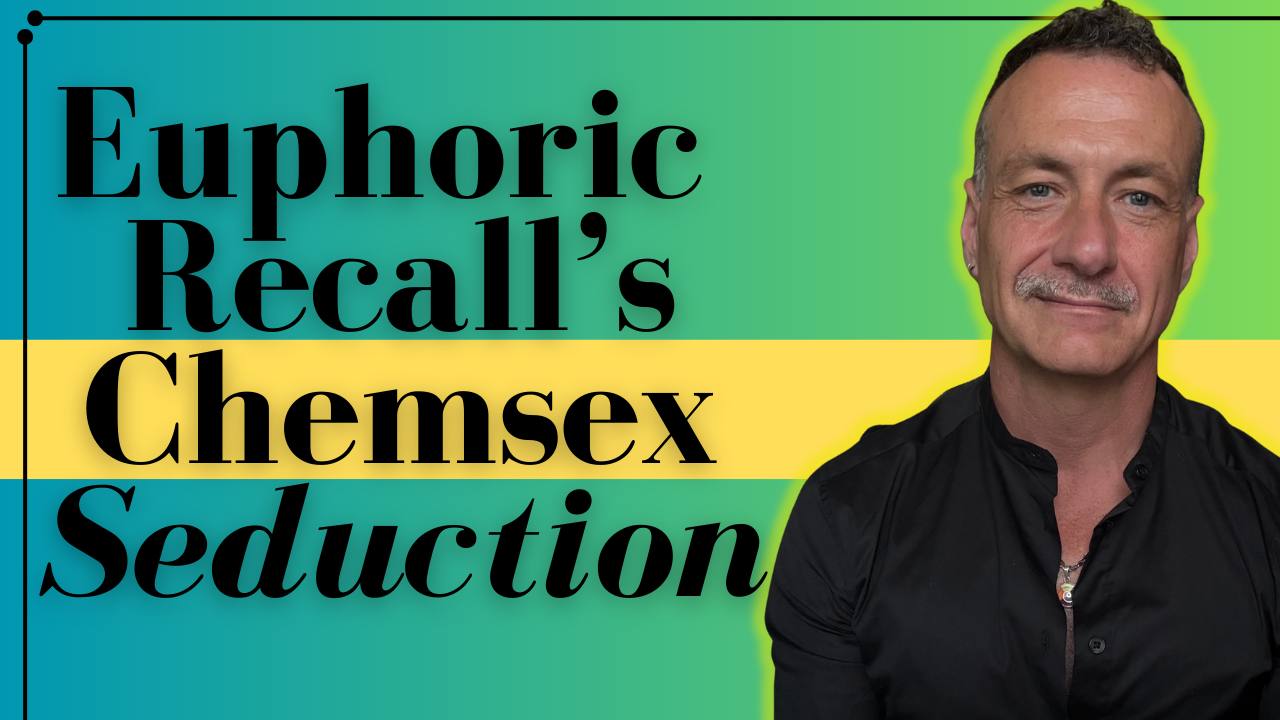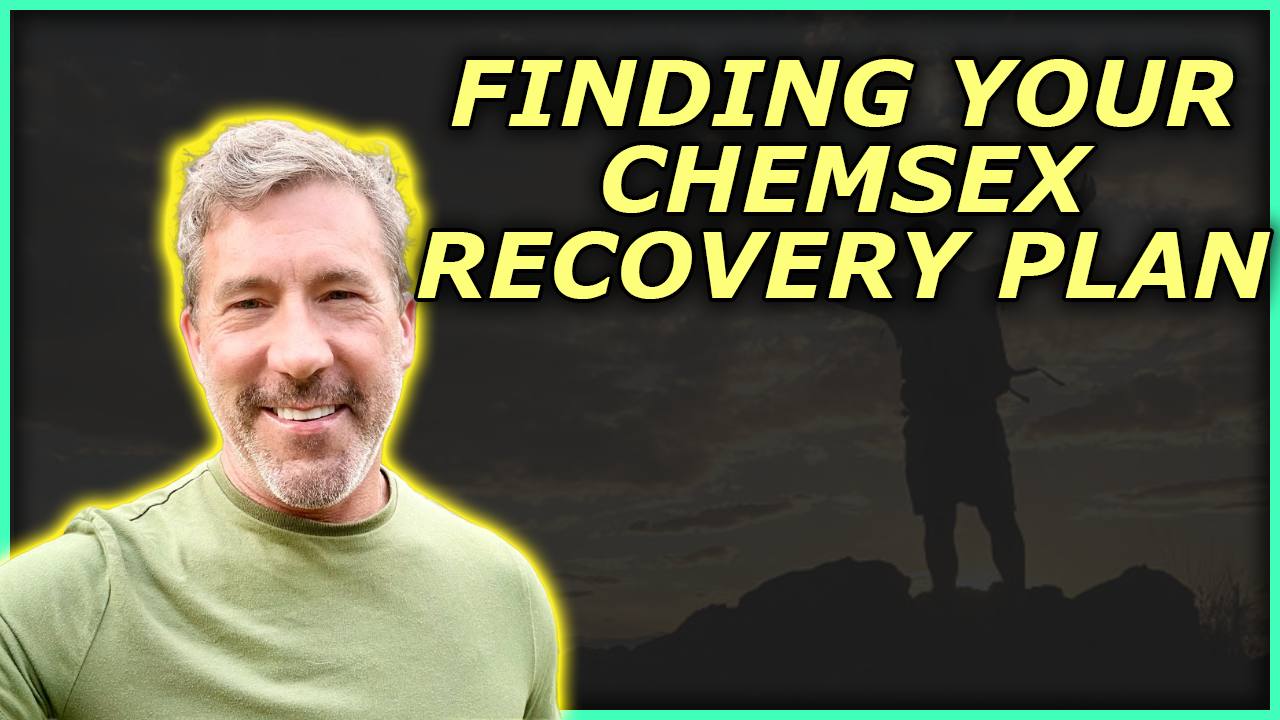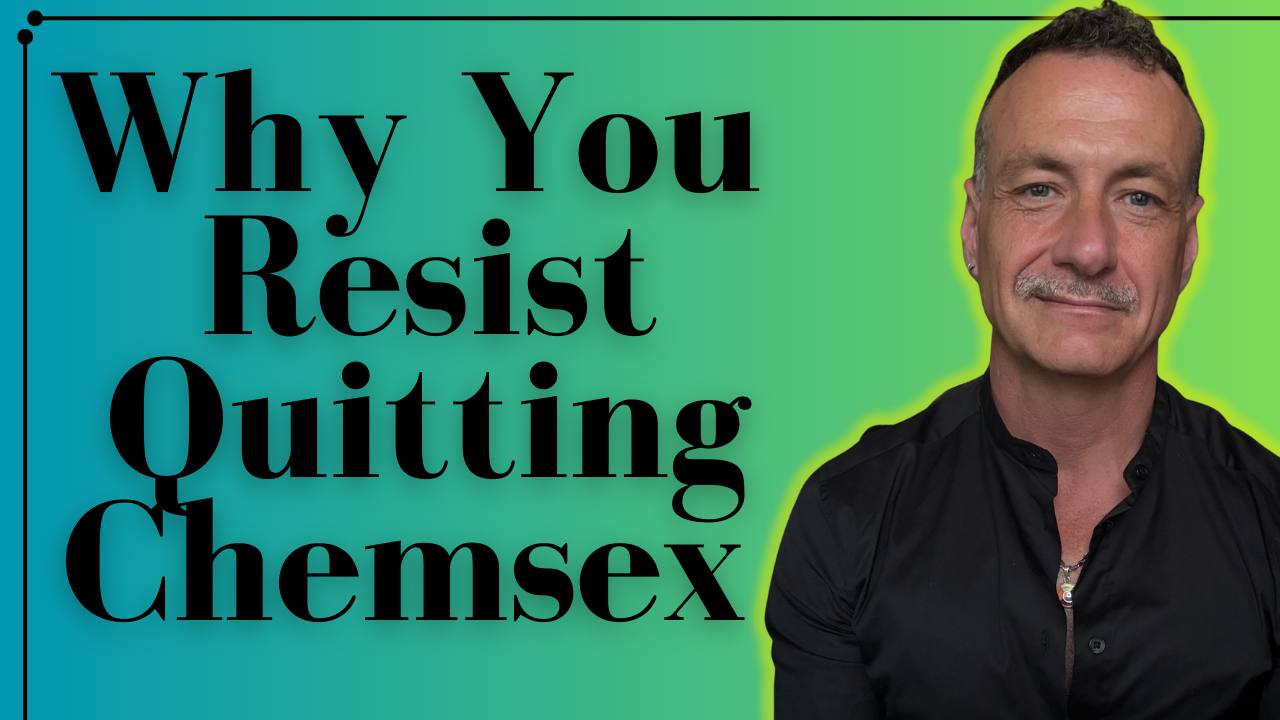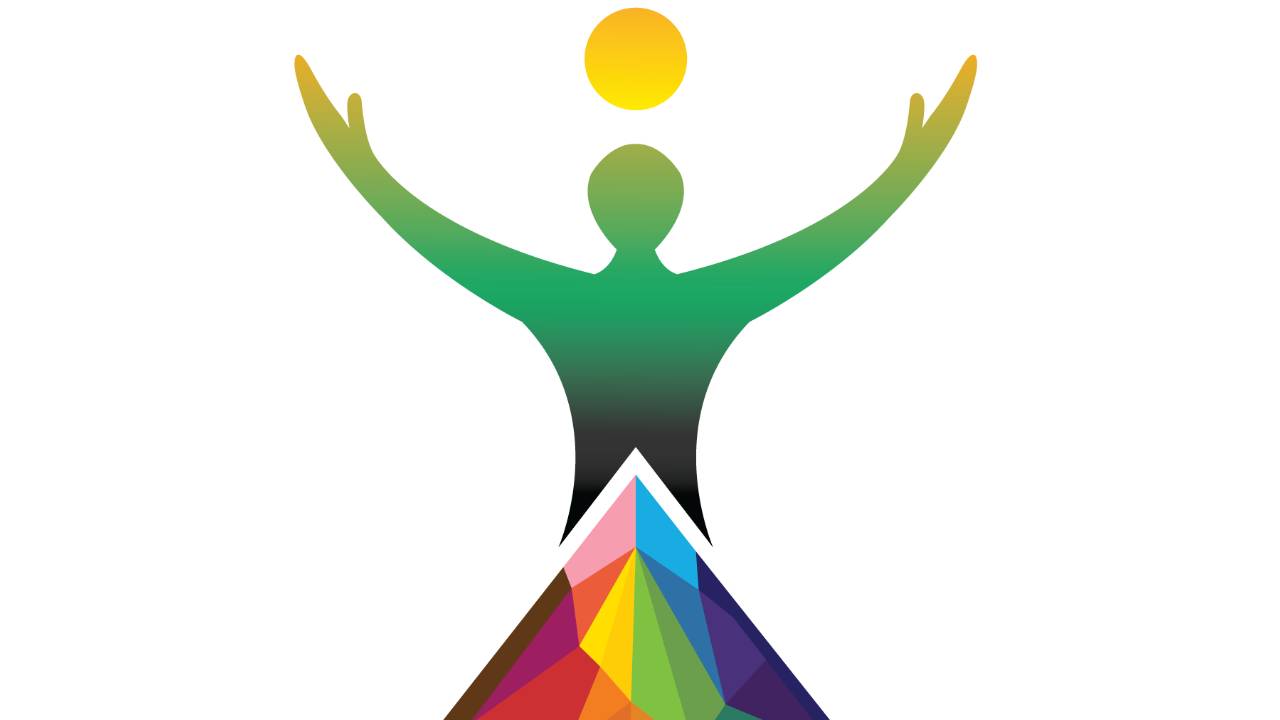How Perfectionism Fuels Meth Use
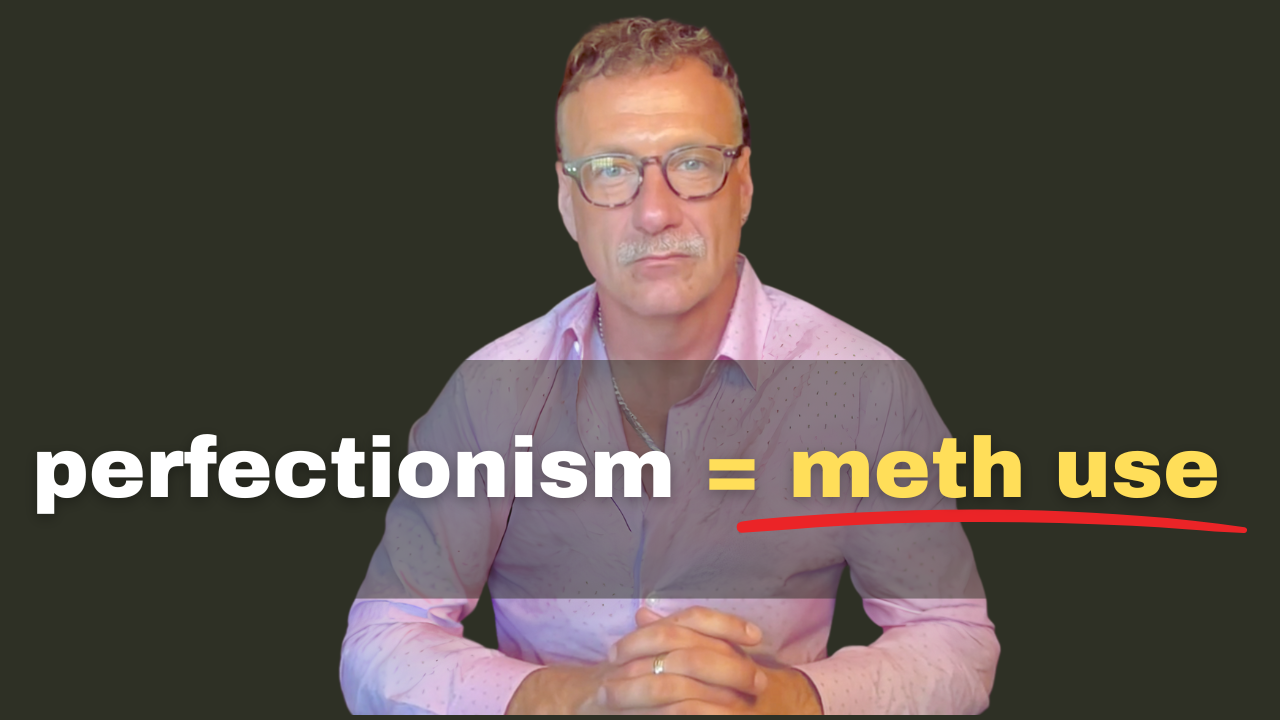
(This is a long one, but - in my opinion - worth the time AND if you are enjoying my newsletters, please forward to someone who might also enjoy!)
You want to stop using meth?
You want to stop fighting urges?
You want to stop repeating patterns?
Then you must dig deep into the core of your suffering.
Deep.
And by digging deep, I mean beginning with your experiences between 0 and 7.
There you will find what drives 95% of your thoughts and actions.
There you will find the beliefs about yourself that you struggle with today.
There you will find the clues that lead to why you keep going back to ole Tina.
Trace it back, accept it, and then make changes. That's it.
Sounds easy, but it ain't.
But, it ain't impossible.
But Dallas, how????
A first step is to zoom out, look over all of your life experiences and identify a 'theme'.
Once you have a common theme in place, you can then pinpoint the perspective you use to interpret the world.
At the risk of being too reductionist, I've noticed two main themes across all of the men I've helped who are stuck in the meth relapse cycle: the victim and the perfectionist.
I've written about the victim recently in my newsletter.
Today, I'm addressing the perfectionist, a complex personality trait that formed early (duh) and shaped our sense of safety and worth in the world.
Perfectionism often takes root long before we had language to describe what was happening.
Developmental trauma differs from what we might typically consider "trauma" in that it can occur through subtle but persistent patterns of invalidation and conditional acceptance.
Who knows conditional acceptance better than a little gay boy in a world of heteros?
Attachment Disruptions
Our first relationships shape how we view ourselves and our worthiness of love.
When early caregivers are:
- Inconsistently responsive: When care, love, or attention were unpredictable, we may have learned that we needed to "earn" care through performance and achievement. "Look what I can do"
- Conditionally approving: When praise or acceptance came only after accomplishments or "good behavior," we internalized that our value was tied to external measures. "I'm such a good boy"
- Critical or demanding: When mistakes were met with harsh criticism, shame, or withdrawal of love, we learned that imperfection equals rejection. "Mistakes make me bad"
For many of us, these patterns created a fundamental belief that our authentic self was somehow unlovable, and that safety was contingent on becoming someone else—someone "better."
This constant striving to be perfect creates exhaustion and anxiety. The only break we find is getting high.
Reflection: Can you recall early memories where you felt you had to be "perfect" to receive love or care? What emotions arise when you connect with these memories?
Minority Stress and Formative Trauma
For us as gay men, additional layers of trauma often compounded these early attachment experiences:
- Pre-verbal sensing of difference: Many of us sensed our "differentness" before we had words for our sexuality, absorbing others' discomfort with our gender expression or natural traits.
- Microaggressions and rejection: Subtle facial expressions, comments, or exclusions signaled we were somehow "wrong" or "less than."
- Anticipatory fear: We developed hypervigilance, constantly scanning for threats to our safety and belonging.
- Identity concealment: Many of us learned to hide parts of ourselves, creating a hyper-controlled "acceptable" persona.
This created what psychologists call a "minority stress" environment where our nervous systems remained in a state of high alert, reinforcing perfectionism as a survival strategy.
This is why you are hypervigilant, always looking for threats in the behavior of others, always finding ways to prove you are less than.
Reflection: Before you ever identified as gay, do you remember receiving messages about parts of yourself that needed to be hidden or changed? How might these have shaped your perfectionist tendencies?
Childhood Emotional Neglect
In my experience, those of us whose caretakers withheld emotion and affection are more damaged than those who were physically abused.
This is called Childhood Emotional Neglect (CEN)—the absence of appropriate emotional mirroring, validation, and education.
When our authentic emotional experiences were:
- Ignored or minimized ("Stop crying, it's not that bad")
- Discouraged ("Big boys don't get scared")
- Punished ("Go to your room until you can act right")
- Used to shame ("You're too sensitive" or "Why can't you be normal?")
